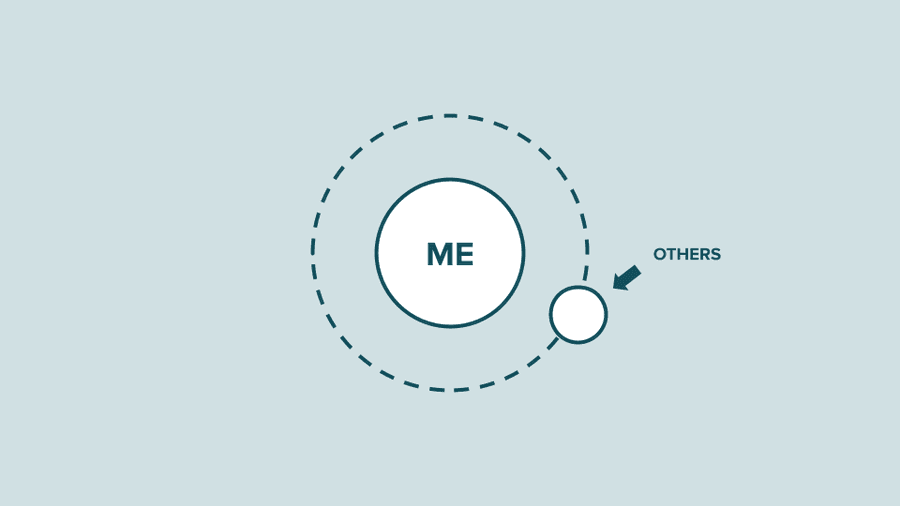People tend to overestimate the importance of information that is readily available. Counteract this bias by seeking comprehensive data and considering less obvious factors, leading to more balanced and informed judgments.
THE AVAILABILITY HEURISTIC
7
8 reads
CURATED FROM
IDEAS CURATED BY
Today's readers, tomorrow's leaders. I explain handpicked books designed to transform you into leaders, C-level executives, and business moguls.
Discover powerful insights from Farnam Street's top articles to enhance thinking and decision-making.
“
Similar ideas
The egocentric bias
The egocentric bias causes us to think that our own perspectives are more important when considering events, ideas, and beliefs. For example, we tend to overestimate the amount we contributed to a team project.
The bias can make it more challenging to understand o...
Information and decision making
The fact that we live in an age of information should allow us to make super-informed, data-driven decisions all the time.
But the widespread availability of information does not mean that we actually use it even if we have it: decades of research in psychology and behavio...
Why we stick to bad decisions
Psychologists call this “the anchoring bias.”
After we’ve made a decision, even an illogical one, we tend to cling to it. That is, we filter out dissenting information while seeking data that confirms our original viewpoints.
Read & Learn
20x Faster
without
deepstash
with
deepstash
with
deepstash
Personalized microlearning
—
100+ Learning Journeys
—
Access to 200,000+ ideas
—
Access to the mobile app
—
Unlimited idea saving
—
—
Unlimited history
—
—
Unlimited listening to ideas
—
—
Downloading & offline access
—
—
Supercharge your mind with one idea per day
Enter your email and spend 1 minute every day to learn something new.
I agree to receive email updates

